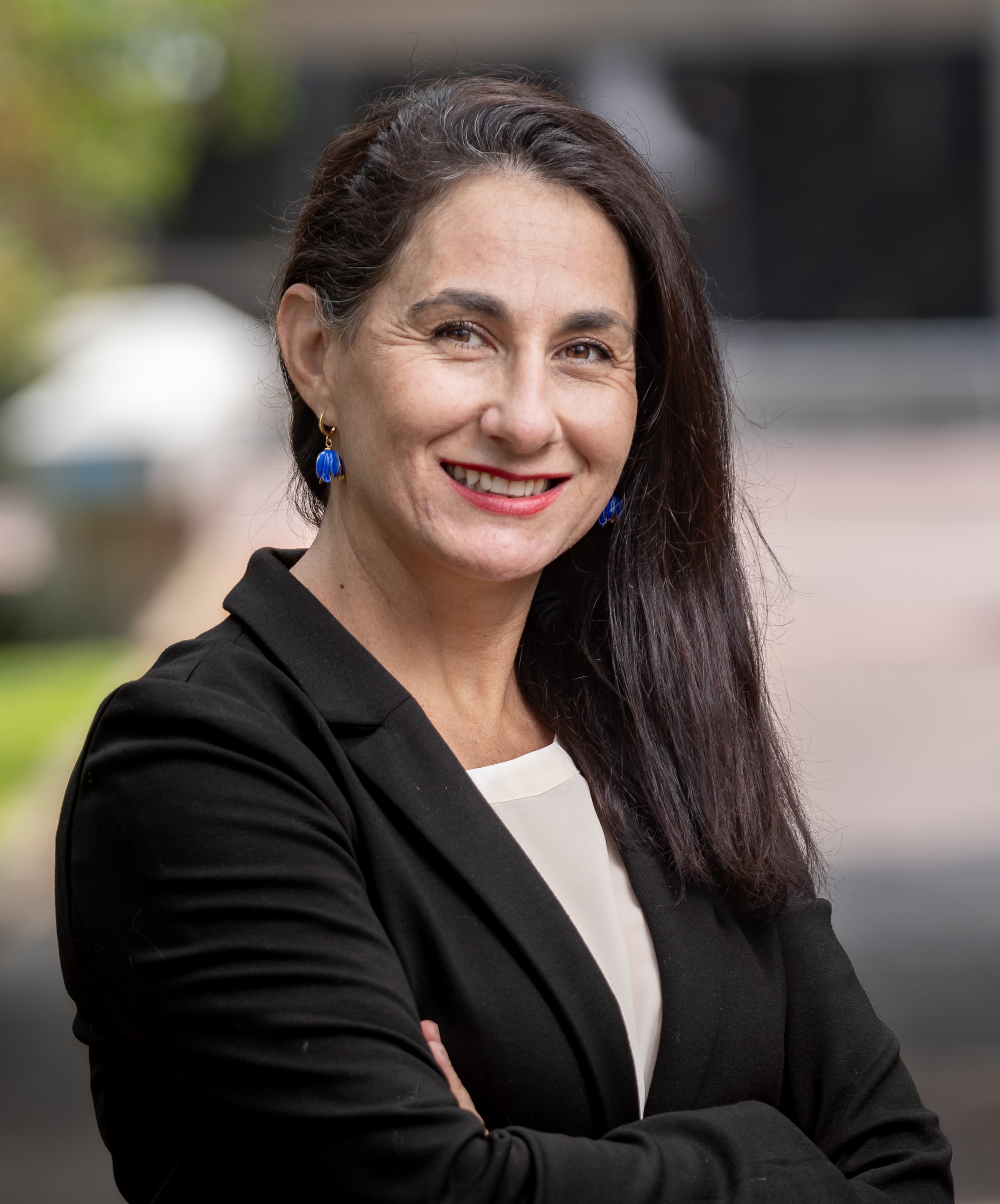DIRECTORY LISTING
Biography

Dr. Maria-Isabel Roldos-Prosser is the Director of the CUNY Institute for Health Equity. The Institute for Health Equity (CIHE) is a CUNY-wide institute that coordinates research, teaching, service and community engagement with the goal to eliminate health inequalities, reduce health disparities, and promote health.
Dr. Maria Isabel Roldós holds a Doctor in Public Health (DrPH) degree from the University of Georgia (UGA) awarded in 2012, in addition to two master’s degrees, one in Public Administration from New York University (NYU) and another in Public Policy and Economics from Georgia State University (GSU). Her experience includes: CDC’s National Center for Injury and Violence Prevention; the NIH’s National Institute of Minority Health and Health Disparities (NIMHD)’s Office of Science Policy, Strategic Planning, Assessment, Reporting and Data (OSPARD) and multiple global health appointments including: USAID; associate dean of Universidad San Francisco de Quito-Ecuador and as the highest ranking public health official in the city of Quito-Ecuador – as Health Commissioner.
Her research and practice focus are in data science and in the applications of economic evaluations in health policy to improve minorities’ health and reduce health disparities and achieve health equity. She has conducted prevention effectiveness studies on topics of violence prevention, unintentional injuries, health services and women’s health, for example: estimated the economic burden to intimate partner violence (IPV); a population based willingness-to-pay study on child maltreatment (CM); developed an econometric model to measure the effect of drug abuse on labor productivity among Black young adults in Iowa and Georgia; conducted delphi panels amongst medical personnel to diagnose and treat HPV, among others. Currently her focus is in the use of Health-Related Quality of Life (HRQoL) analyses to characterize populations that experience health disparities and in developing innovative methods to improve minorities’ participation in research, practice, and programs.







